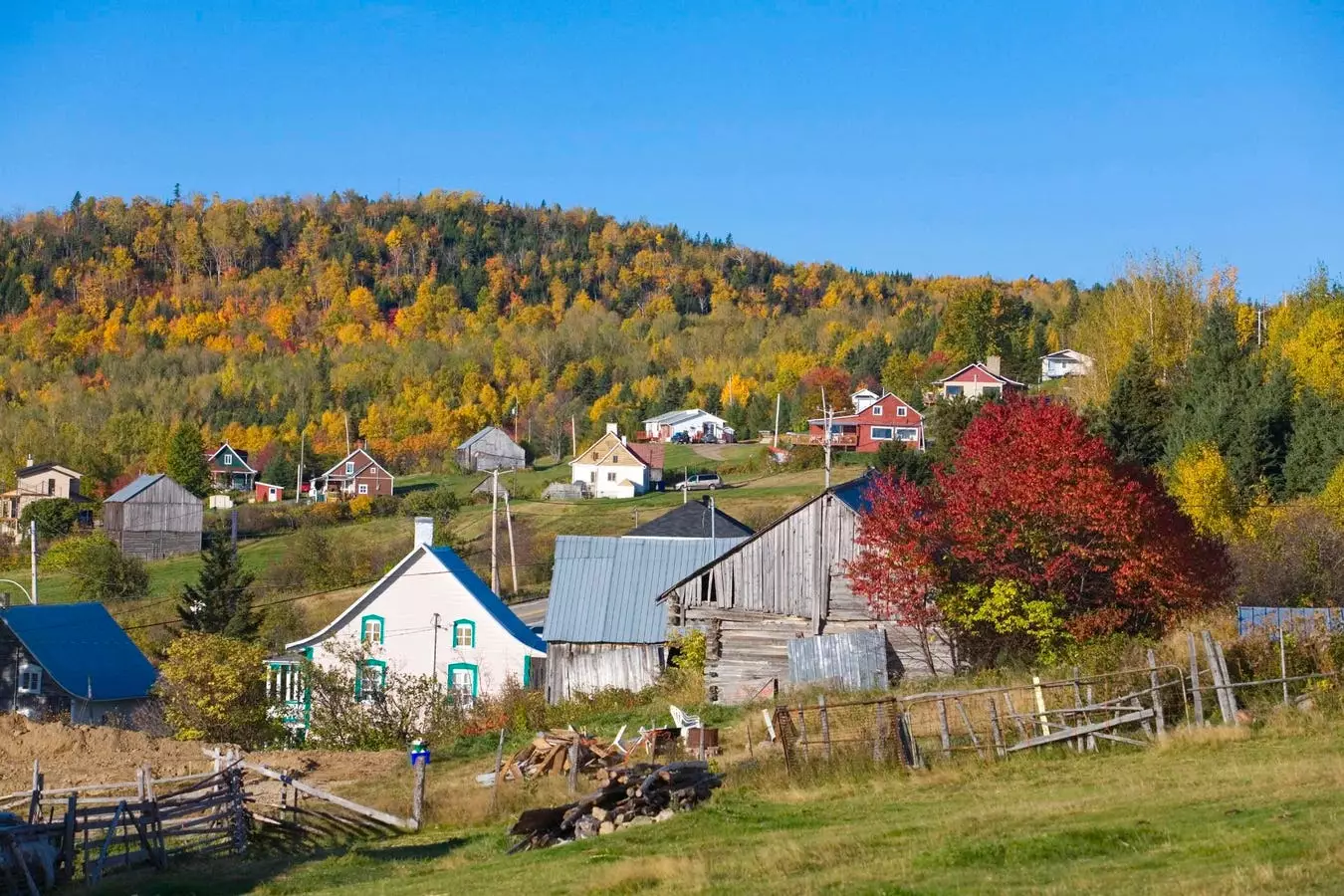Madeline Dufour’s ambition to transform leftover whey—a byproduct of cheese production—into a distinct spirit was met with considerable skepticism. Many held a narrow view of what was possible within the confines of traditional cheesemaking practices. Dufour recalls the poignant words of her instructor, who, perhaps not out of malice but rather a lack of vision, remarked, “Good luck with that.” Doubt loomed large, but that doubt also acted as a catalyst for determination. For Dufour and her family, the pursuit of establishing a sustainable, circular economy on their farm was not merely a business venture; it was an extension of their deeply-held philosophical beliefs.
This journey did not start in isolation. In 1994, her parents, Maurice Dufour and Francine Bouchard, ventured into artisan cheese production in Charlevoix, Quebec—an area largely uncharted in terms of cheese innovation at that time. Their initial struggle against societal skepticism laid the groundwork for a transformative narrative that would see Charlevoix emerge as a gem of artisanal gastronomy.
The family’s venture into cheese blossomed amidst a nascent agritourism industry. Charlevoix, with its rich soil and proximity to the Saint Lawrence River, has been a cradle for farming since the 17th century. The Dufour family’s pioneering spirit not only realized the production of artisanal cheeses that have become nationally acclaimed but also paved the path towards diversification. Their flagship cheese, Migneron de Charlevoix, won the Grand Champion title in 2002, cementing their status as culinary innovators.
As the familial enterprise expanded, a commitment to sustainability remained central. Their physical surroundings inspired their foray into viticulture. By 2009, Dufour’s father had introduced grape vines, fostering a connection between their cheese-making roots and this new venture. The concept of Charlevoyou—a term that encapsulates the zest of living in Charlevoix—emerged as a brand synonymous with local excellence. Their commitment to organic practices attracted a clientele eager for authentic products, and their wine range, characterized by local terroir and traditional methods, quickly gained traction.
As Famille Migneron de Charlevoix thrived in cheese and wine production, they faced an impending question: how to manage the substantial waste generated during production? With tons of whey leftover and pomace from winemaking, the instinct to innovate drove them to contemplate a more holistic business model. Madeline saw an opportunity to not only address waste management but also diversify their product range—a marriage of responsibility and creativity.
In 2016, the construction of an on-site distillery signified Madeline’s venture into spirits. This leap was not merely operational; it was about redefining boundaries and engaging with the community of locavores that had begun to flourish in the region. Madeline’s refusal to adhere to traditional recipes and techniques facilitated a creative environment in which experimentation was not just encouraged, but celebrated.
Madeline’s relentless pursuit for innovation transformed the distillation process into an art form, channeling local resources into her creations. The spirits portfolio soon boasted aged spirits, grappas, liqueurs, ready-to-drinks (RTDs), and Whey Eau-de-Vie, a clear and subtly sweet whey brandy. Notably, Whey Eau-de-Vie became the first product of its kind exported beyond Quebec, reaching markets as far as New York. The product not only highlights the ingenuity associated with waste transformation but also showcases the unique characteristics and flavors of Charlevoix.
Today, the venture stands as a testament to resilience and creativity in a constantly shifting agricultural landscape. The spirits crafted here resonate not only with local identity but also with an audience increasingly seeking authenticity and sustainability in their consumables. Dufour and her family’s ventures embody a paradigm shift—where innovation meets tradition to create something uniquely worthwhile.
The Legacy of Transformation
Madeline Dufour’s compelling journey illustrates how passion and innovation can redefine industries. What began as a modest dream to turn waste into something valuable evolved into an expansive narrative of entrepreneurship, resilience, and ecological consciousness. It is a story that transcends mere products; it emphasizes community connection, sustainability, and the art of crafting a legacy—one spirit at a time. The Dufour family’s story is one of overcoming doubt, nurturing creativity, and establishing a sustainable model that will inspire future generations.

